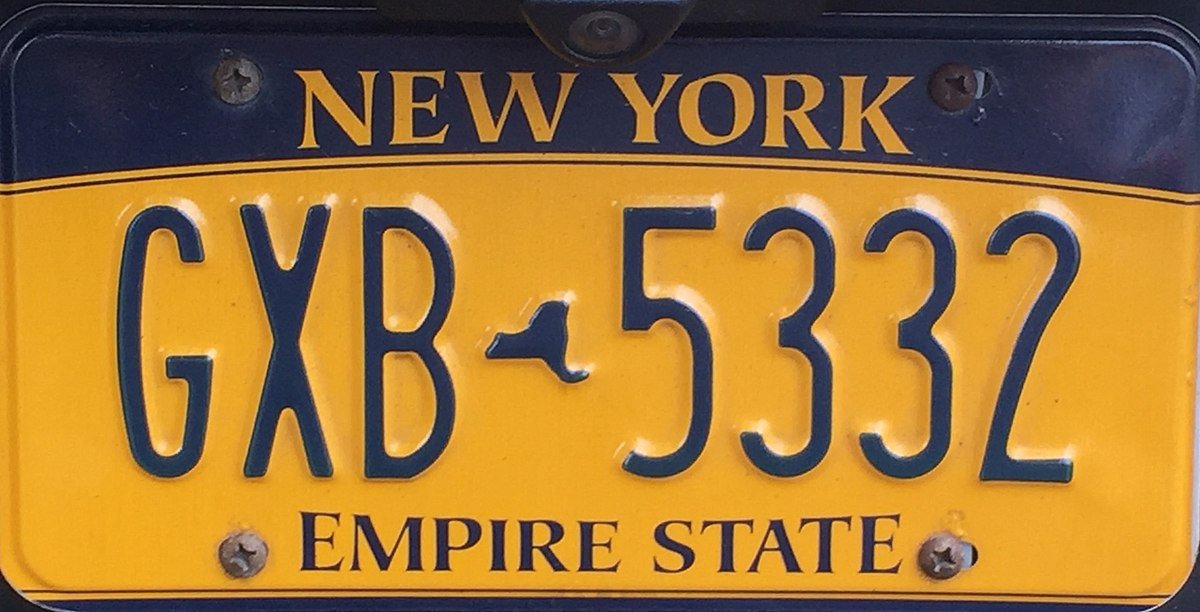
A license plate lookup is a widely used tool for retrieving information about a vehicle using its unique license plate number. This process serves various purposes, from ensuring public safety to helping consumers make informed decisions when purchasing vehicles. Here’s an in-depth guide to understanding and performing license plate lookups.
What Is a License Plate Lookup?
A license plate lookup involves using a vehicle’s license plate number to access details about its registration, history, and sometimes its current status. Depending on the service or tool used, a license plate lookup can reveal:
- Vehicle specifications (make, model, year)
- Registration details and expiration date
- Title status (e.g., clean, salvage, rebuilt)
- Accident, theft, or damage records
- Manufacturer recalls and warranties
This tool is used by individuals, businesses, law enforcement, and government agencies for a variety of reasons, such as verifying vehicle history, conducting investigations, or ensuring legal compliance.
Common Uses of License Plate Lookup
1. Buying a Used Car
License plate lookups help buyers verify the vehicle’s history to ensure there are no hidden issues, such as a salvage title, unresolved liens, or previous accidents.
2. Checking Vehicle Ownership
When purchasing a vehicle, a license plate lookup can confirm that the seller is the legitimate owner.
3. Preventing Fraud and Theft
Lookups can identify vehicles that are stolen or involved in fraudulent activities.
4. Public Safety and Investigations
Law enforcement uses license plate lookup for tracking stolen vehicles, investigating accidents, or solving crimes.
5. Insurance and Claims Processing
Insurance companies use license plate lookups to validate vehicle details and detect potential fraud in claims.
How to Perform a License Plate Lookup
1. Government Resources
Official government agencies, such as Departments of Motor Vehicles (DMVs), offer reliable tools for license plate lookups. While they may not provide all details, they are a trusted source for accurate and legal information.
2. Online Lookup Services
Numerous websites and apps specialize in license plate lookups. Some offer free basic details, while others charge for comprehensive reports that may include accident history, lien status, and title verification.
3. Professional Vehicle History Providers
Services like CARFAX and AutoCheck provide detailed vehicle history reports based on the license plate or Vehicle Identification Number (VIN). These services are particularly useful for in-depth investigations, such as when buying a used car.
4. Law Enforcement Agencies
For legal or safety-related matters, local law enforcement agencies can perform license plate lookups as part of their investigations.
5. Insurance Companies
Insurers often perform lookups to confirm vehicle details during the policy underwriting or claims process.
Legal and Privacy Considerations
Access to license plate information is regulated by laws like the Driver’s Privacy Protection Act (DPPA) in the United States. These laws restrict access to sensitive data, such as the owner’s name and address, to protect individual privacy.
Legitimate Uses
License plate lookups are legally allowed for purposes such as:
- Vehicle history verification
- Insurance processing
- Public safety and investigations
Prohibited Uses
Using a license plate lookup to stalk, harass, or obtain unauthorized personal information is illegal and subject to severe penalties.
Benefits of License Plate Lookups
- Informed Decisions: Provides critical information for vehicle buyers and sellers.
- Enhanced Safety: Confirms that vehicles meet legal and safety standards.
- Fraud Prevention: Helps identify stolen or fraudulent vehicles.
- Legal Compliance: Ensures vehicles comply with registration and title requirements.
Limitations of License Plate Lookups
- Restricted Data: Personal information is not publicly accessible without proper authorization.
- Cost for Detailed Reports: Comprehensive data from private services often requires payment.
- Data Accuracy: Not all services update their databases regularly, leading to potential inaccuracies.
Best Practices for License Plate Lookup
- Use trusted platforms, such as government websites or well-known vehicle history providers.
- Avoid services claiming to provide unrestricted access to personal data.
- Verify the information from multiple sources for reliability.
- Ensure compliance with privacy laws and ethical standards.
Conclusion
License plate lookups are invaluable for accessing vehicle-related information, ensuring safety, and preventing fraud. By using reliable services and adhering to legal guidelines, individuals and businesses can make informed decisions and contribute to a safer automotive environment. Whether for purchasing a car, verifying ownership, or conducting research, this tool is a vital resource in today’s world.

